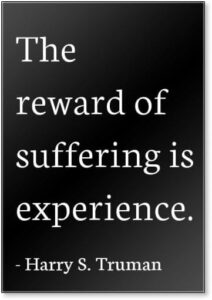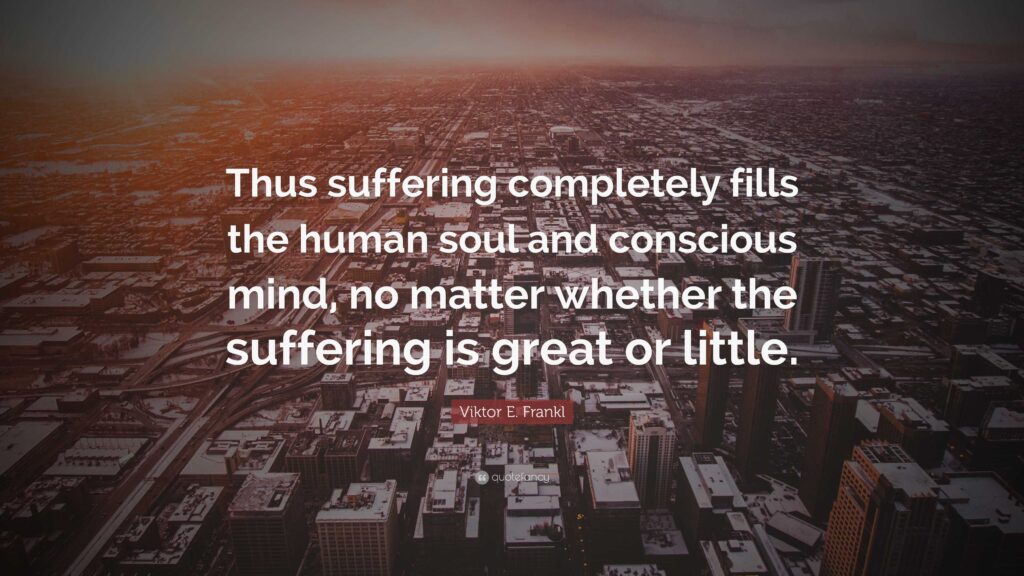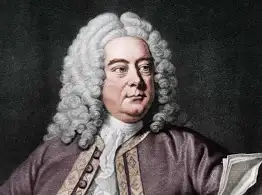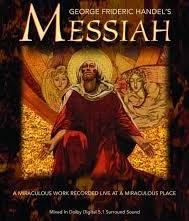To enjoy the music in today’s post, please click the link above to go to the Just A Thought website, or Click Here.
I dedicate this post to my Seattle Prep ’67 classmates who are an ever-present source of inspiration to me.
“You can hold yourself back from the sufferings of the world, that is something you are free to do and it accords with your nature, but perhaps this very holding back is the one suffering you could avoid.” ~ Franz Kafka
It’s difficult not to take note of the suffering that envelops the planet.
- Some suffer in silence
- Some pass their suffering on to others
- Some drown their suffering with powerful spirits
- Some take their suffering to a therapist
- Some take it to God
Paul Tillich observed:
“Suffering carves a passage in the heart. It carves through the floor of the basement of your soul, and then reveals a cavity below, and then carves through that floor.”
So it can be said:
Suffering clarifies
It’s been observed in these moments of suffering, you can either be broken, or you can be broken open.
So it can be said:
Suffering unlocks
Suffering can be used as a fuel to light the fire of inspiration which can only be satiated with a story of redemption.
So it can be said:
Suffering redeems
Here’s a story of how one man shared his redemption with the ages.
George Frederic Handel
The Story of The Messiah
At the time Handel composed The Messiah he was suffering deeply. He had a stroke in 1737 which left him temporarily paralyzed on his right side and unable to perform. Although he recovered, his health remained fragile and he faced ongoing physical and emotional strain.
By the early 1740s, Handel’s opera company, the Royal Academy of Music, had collapsed due to financial losses and changing public tastes. Italian opera, which had been his primary focus, was falling out of favor in London, leaving Handel in a precarious financial situation.
Handel faced harsh criticism from some quarters, including rival composers and factions within London’s musical elite. His operas were often met with mixed reviews, and he struggled to maintain his reputation as a leading composer.
“Pain is the great teacher of mankind. Beneath its breath souls develop.” ~ Marie Dubsky
And yet Handel hadn’t been broken, he’d been broken — open.
So much so that he invented a new musical art form, the oratorio, a musical composition for choir, orchestra, and soloists that was to find a broad new audience.
The reward for Handel’s suffering was his gift for the ages.
It was through probing the depths of his personal suffering that this unimaginable composition burst forth — in a mere 24 days.
When his assistants brought him his meals, they were often left uneaten. His servants often found him sobbing while he composed.
His assistant, Charles Jennens, recalled that Handel appeared to be in a state of a near mystical trance, as though the music were being dictated to him from some higher source.
The story goes that, after finishing the Hallelujah Chorus, he was so overwhelmed he reportedly left his study shaken to his core, drenched in sweat, muttering to himself, “I did think I saw all Heaven before me, and the great God Himself.”
Now, it’s worth noting that Handel composed the Messiah NOT from some high perch in a mountaintop experience, but from having been driven low on a slow walk through the Valley of the Shadow of Death.
He had found the reason for his suffering, drew inspiration from it, then shared it with a beleaguered world.
If you are suffering right now, ask yourself what gifts that suffering might have to offer.
Just a thought…
Pat
***
Listen to the Hallelujah Chorus sung by the Mormon Tabernacle Choir.





